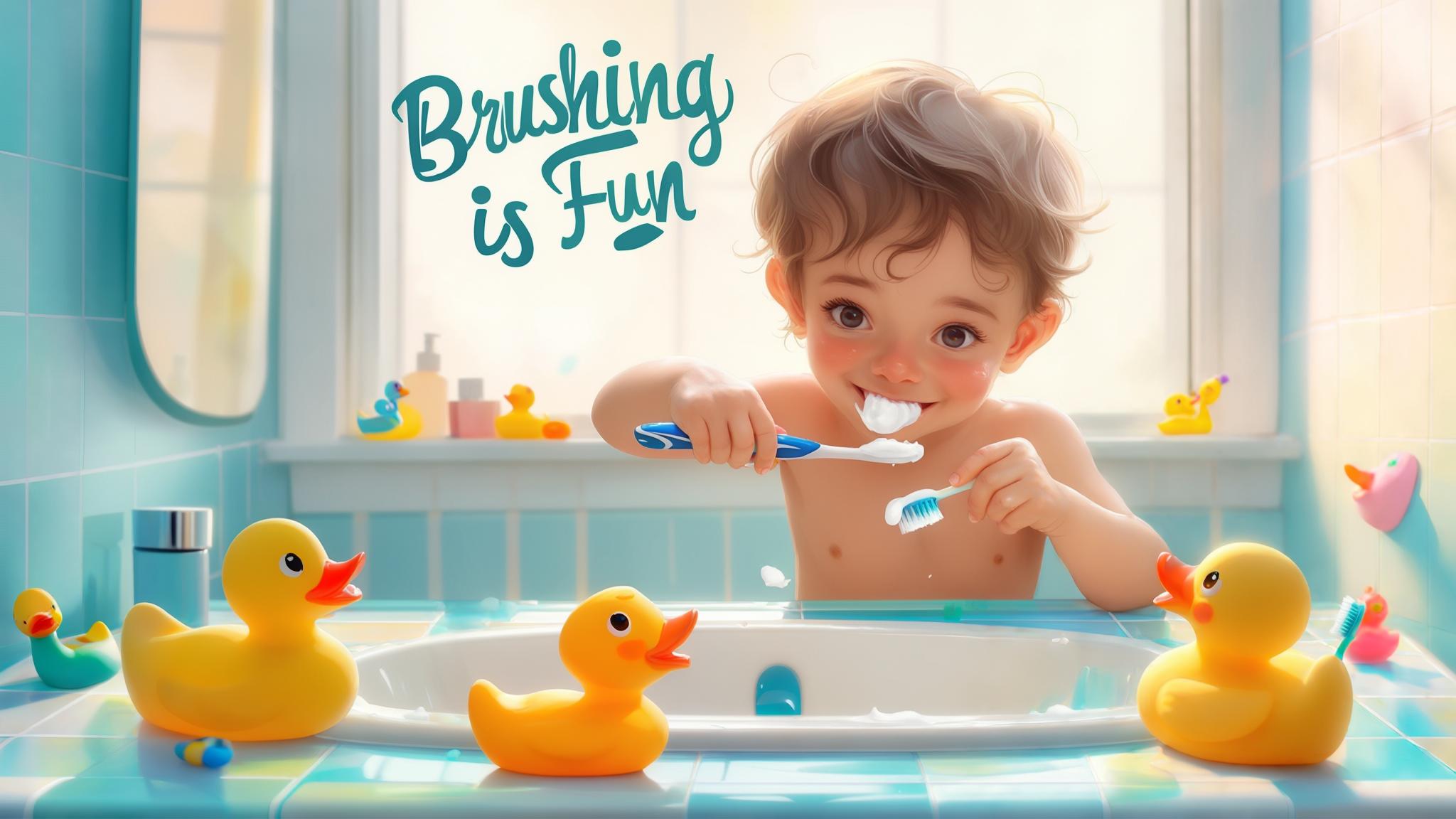The Importance of Dental Hygiene in Children
Ensuring that children develop good dental hygiene habits early on is crucial for their overall health. Daily brushing helps prevent cavities and promotes strong teeth and gums. It's much like building a strong foundation for a house; without it, everything else becomes unstable. But getting kids to brush their teeth can be a challenge. That's where positive reinforcement comes into play.
Understanding Children's Dental Needs
Children's dental development is quite fascinating. They start with primary teeth, often called baby teeth, which eventually make way for permanent teeth. During this period, they may face common issues like cavities or gum irritation.
Recommended Brushing Practices
- Infants and Toddlers: Begin cleaning their gums with a soft cloth and progress to a small toothbrush as teeth emerge.
- Preschoolers: Supervise brushing to ensure they use a pea-sized amount of toothpaste and brush for two minutes.
- School-age Children: Encourage independence while checking their technique and ensuring they brush twice daily.
The Concept of Positive Reinforcement
Positive reinforcement involves rewarding desirable behavior to encourage its repetition. It's like giving a gold star for a job well done. Psychologically, rewards can make brushing seem less like a chore and more like a fun activity. When children receive praise or a small treat for brushing, they associate the task with positive feelings, making it more likely they will continue the habit.
Creating a Reward System for Daily Brushing
A reward system can transform brushing into an engaging routine.
Setting Clear Expectations
- Establish a Routine: Decide on brushing times and stick to them.
- Define Good Brushing: Explain what you expect, such as brushing all teeth surfaces for a full two minutes.
Types of Rewards
- Immediate Rewards: Stickers or small treats can provide instant gratification.
- Long-term Rewards: Bigger incentives like a new toy or a special outing can motivate children to maintain their efforts over time.
Designing a Reward Chart
Make the chart colorful and exciting. Use stickers to mark each successful brushing session, and celebrate milestones with a small celebration or extra reward.
Implementing the Reward System
Involve your child in setting up the system. Discuss why brushing is important and let them choose their rewards. Consistency is key—remind them daily and adjust the rewards as they grow older. Regularly evaluate how well the system is working and make changes based on your child's feedback and progress.
Additional Strategies to Encourage Good Habits
- Make Brushing Fun: Use toothbrushes with favorite characters and toothpaste flavors they love. Turn brushing into a game or play a fun song to time the two minutes.
- Educate About Oral Health: Use age-appropriate books and videos to teach them about the importance of dental care. Regular dentist visits can also reinforce positive experiences with oral health.
Conclusion
Daily brushing is vital for children's dental health, and positive reinforcement can make it a rewarding habit. Be patient and supportive as your child learns, and remember that fostering these habits now sets the stage for a lifetime of healthy smiles.
References
- Studies on children's dental health and behavior reinforcement.
- Resources for parents on children's oral care and hygiene practices.

